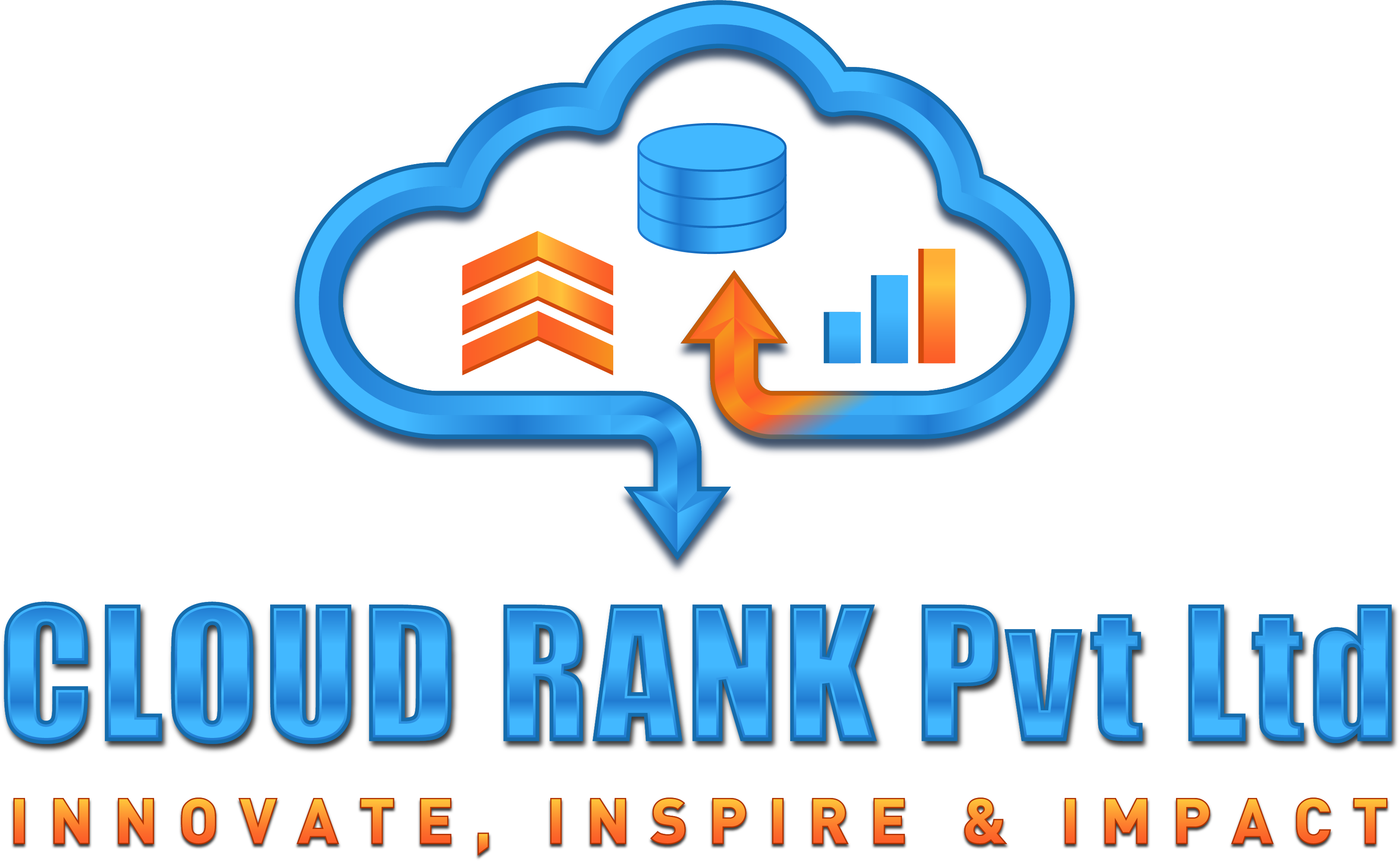Unlocking the Power of ETL Services for Pharma: Boosting Data Integration and Analytics







In today’s data-driven world, the pharmaceutical industry is grappling with an overwhelming amount of information. Extract, Transform, Load (ETL) services have emerged as a game-changing solution, empowering pharmaceutical companies to harness the power of data integration and analytics. This blog will explore the transformative potential of ETL services within the pharmaceutical landscape, highlighting their key benefits and applications.

- Understanding ETL Services: ETL services are a set of processes and technologies that enable seamless data extraction from various sources, transformation into a consistent format, and loading into a target database or data warehouse. These services facilitate efficient data integration, ensuring that relevant information from disparate sources can be merged and analyzed cohesively.
- Data Integration in Pharma: The pharmaceutical industry generates a vast amount of data from clinical trials, electronic health records (EHRs), research studies, drug manufacturing, and regulatory compliance. ETL services play a crucial role in consolidating and harmonizing this data, allowing pharmaceutical companies to gain a comprehensive view of their operations.
- Boosting Data Analytics: ETL services enable robust data analytics in the pharmaceutical industry. By integrating data from multiple sources, companies can perform advanced analytics, identify trends, and derive actionable insights. This aids in making informed decisions related to drug development, marketing strategies, supply chain management, and patient outcomes.
- Streamlining Data Management: Effective data management is vital for pharmaceutical companies to ensure data accuracy, completeness, and timeliness. ETL services provide automated workflows for data transformation, data cleansing, and data enrichment. These processes help maintain data quality and integrity, enhancing the reliability of analytical outputs.
- Ensuring Regulatory Compliance: Pharmaceutical companies must adhere to stringent regulations and guidelines. ETL services assist in complying with regulatory requirements by consolidating data from multiple sources, enabling comprehensive auditing, and providing traceability of data lineage. This ensures transparency and accountability in pharmaceutical operations.
- Leveraging Business Intelligence: ETL services serve as a foundation for robust business intelligence (BI) initiatives in the pharmaceutical industry. By transforming raw data into meaningful insights, companies can generate valuable reports, dashboards, and visualizations. This empowers stakeholders to make data-driven decisions, improve operational efficiency, and drive innovation.
- Future Trends and Innovations: The field of ETL services in the pharmaceutical industry continues to evolve rapidly. Emerging technologies such as artificial intelligence (AI), machine learning (ML), and natural language processing (NLP) are being integrated with ETL processes to further enhance data integration, analytics, and decision-making capabilities.
Conclusion:
ETL services have become indispensable tools for pharmaceutical companies looking to unlock the full potential of their data. By streamlining data integration, ensuring data quality, and enabling advanced analytics, ETL services empower the pharmaceutical industry to make data-driven decisions, enhance operational efficiency, and drive innovation. Embracing ETL services is crucial for staying competitive in an increasingly data-centric healthcare landscape.
